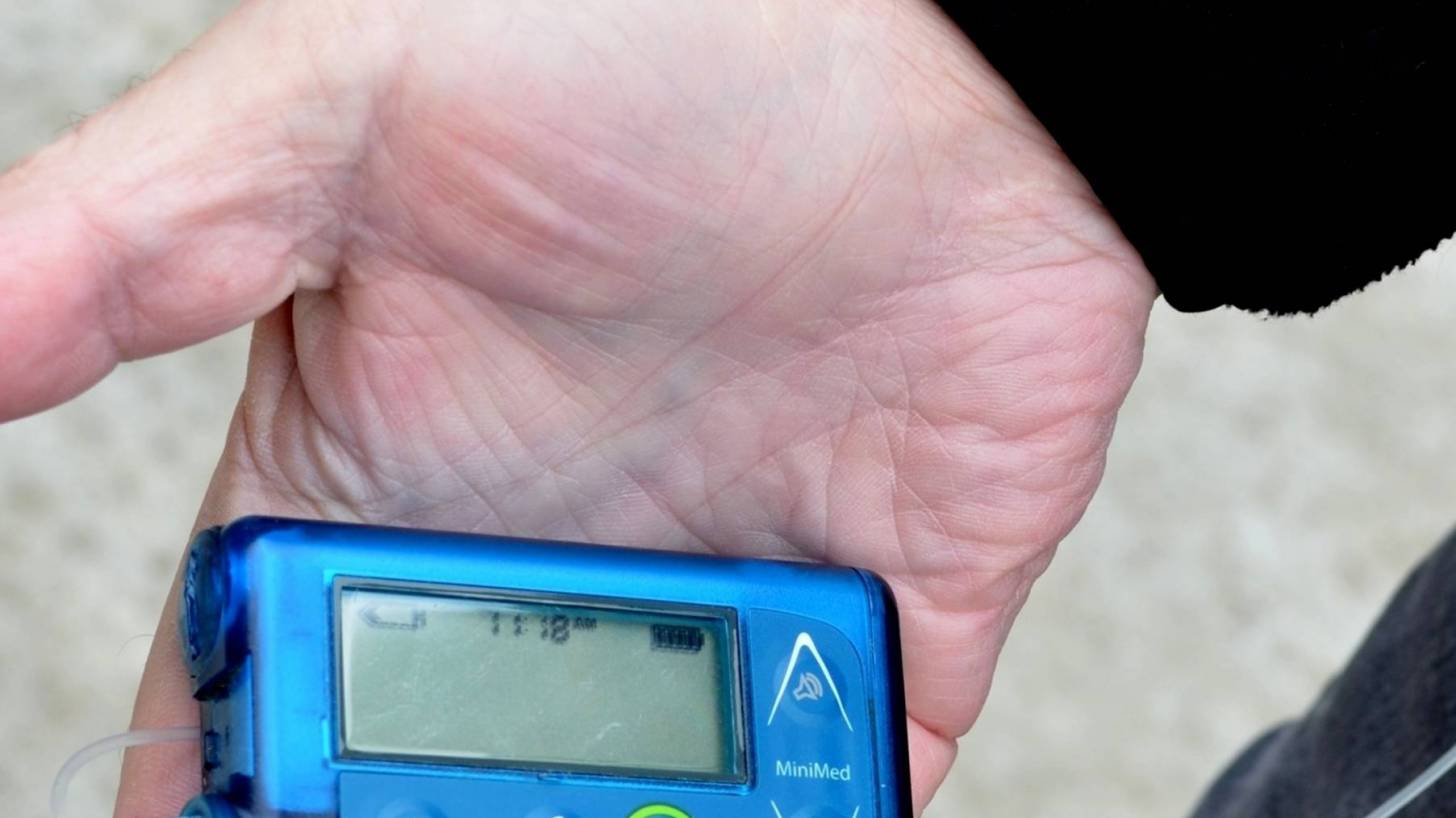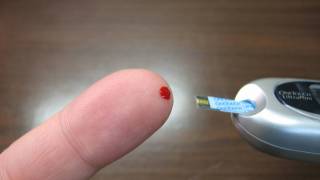Preventive Vaccine for Type 1 Diabetes Enters Human Clinical Study

Can Type 1 Diabetes be prevented by a vaccine? That’s the question Heikki Hyöty, a Professor of Virology, has researched for many years.
His research group at the University of Tampere has been able to identify a prototype vaccine to prevent the viruses which may cause Type 1 Diabetes (T1D).
“The aim is to develop a vaccine that could prevent a significant number of Type 1 Diabetes cases,” explains Professor Hyöty.
“Additionally, the vaccine could prevent infections caused by enteroviruses such as the common cold, myocarditis, meningitis and ear infections. However, in light of current research, the vaccine could not be used to cure existing diabetes.”
“Already now it is known that the vaccine is effective and safe on mice. The developing process has now taken a significant leap forward as the next phase is to study the vaccine in humans,” said Professor Hyöty.
The clinical research process may take about eight years to determine whether the vaccine prevents Type 1 Diabetes:
- In the first clinical phase, the vaccine will be studied in a small group of adults to ensure the safety of the vaccine.
- In the second phase, the vaccine will be studied in children and the aim is to investigate both the safety of the vaccine and its effectiveness against enteroviruses.
- In the third phase, the aim is to investigate whether the vaccine could be used to prevent the onset of Type 1 Diabetes.
According to the Centers for Disease Control and Prevention (CDC), diabetes is a disease that occurs when your blood glucose, also called blood sugar, is too high. Blood glucose is your main source of energy and comes from the food you eat.
Insulin, a hormone made by the pancreas, helps glucose from food get into your cells to be used for energy. Sometimes your body doesn’t make enough, or any insulin, or doesn’t use insulin well. Glucose then stays in your blood and doesn’t reach your cells.
Over time, having too much glucose in your blood can cause health problems.
If you have type 1 diabetes, your body does not make insulin.
The CDC says your immune system attacks and destroys the cells in your pancreas that make insulin. Type 1 diabetes is usually diagnosed in children and young adults, although it can appear at any age. People with type 1 diabetes need to take insulin every day to stay alive.
The connection between viral infections and Type 1 Diabetes has been researched for over 25 years at the University of Tampere. The results indicate that one virus group, enteroviruses, play a part in developing Type 1 Diabetes.
Enteroviruses can infect the insulin-producing cells in the pancreas and damage them permanently.
The research project will be funded by the US-based company Provention Bio. Other partners include the Juvenile Diabetes Research Foundation, and the Finnish company Vactech Oy.
Professor Heikki Hyöty (University of Tampere) and Professor Mikael Knip (University of Helsinki) were co-founders in Vactech Oy and thus may have conflicts of interest, as they steered academic research towards developing a preventive vaccine.
Other noteworthy partners include the Karolinska Institutet in Stockholm, several universities and research institutes in Finland and abroad as well as Vactech Oy. The research has been funded by several different groups, such as the Academy of Finland, TEKES, the Sigrid Juselius Foundation, the Reino Lahtikari Foundation, the Diabetes Research Foundation, the European Union and the Juvenile Diabetes Research Foundation (JDRF).
Our Trust Standards: Medical Advisory Committee





